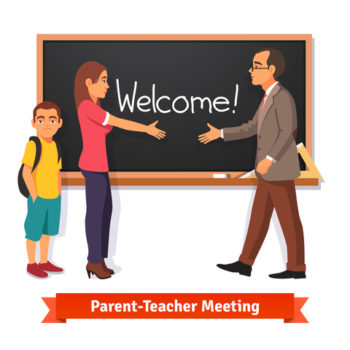Is Your Child Reading Below Grade-Level?
 Is Your Child Reading Below Grade-Level?
Is Your Child Reading Below Grade-Level?
At your last parent teacher conference did you discover your child was performing at below grade-level in reading? I know it’s January, but don’t despair. Hello, my name is Danielle Gentry and I’m a second- grade teacher in South San Jose. I’d like to give you some sound advice about what you can do at home to help your child and questions you can ask their teacher.
Questions to Ask the Teacher
First, let’s talk about valuable questions. How does my child read? What is my child’s reading level? Get specific answers. Most, if not all primary teachers have some kind of reading assessment that will inform the teacher of their student’s fluency, prosody, and comprehension. A deeper understanding of your child’s specific reading struggles can help you have a more directed reading experience with them at home.
Reading Assessment Examples
Here are some examples of how an at grade level reader is performing in the most commonly assessed areas in reading:
- A fluent reader who is still learning to read, K-2, can read at least three words smoothly before taking the next breath.
- A reader with good prosody is reading with tone and expression. They notice punctuation and use it to help increase their comprehension while reading. They lift their voice at the end of interrogative sentences. They drop their voice at the sight of a period and pause at commas.
- My students’ all-time favorite is the exclamation point. Reading with excitement in our voice is thrilling.
Reading Comprehension Questions
Tackling comprehension begins with our tried and true five W’s and the H questions. These are:
- Who is in the story? Characters
- Where does the story take place? Setting
- When does the story happen? Time
- What is the problem? The problem
- Why did it happen? Key events that lead to the problem
- How did it get solved? The solution
Understanding these questions and realizing that they need to be asked while reading leads to good comprehension. Going back to find the answers when the reader is unsure raises the level of the child’s metacognitive awareness and also builds schema. All of these skills when practiced daily help the struggling reader get closer to their end of the year target of reading at grade-level.
Enjoy your child’s growth in reading!
Danielle
Copyright (c) 2019 by GenParenting